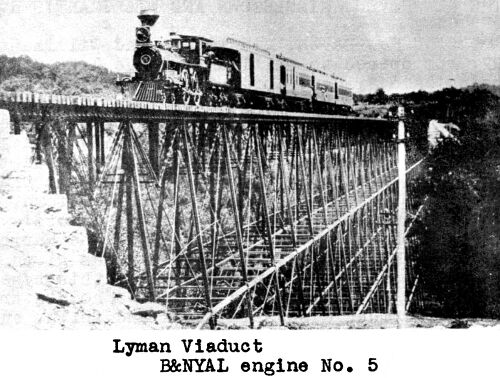June -.
I write "Mind and Manners in the Nineteenth Century,"1 and my rede is to make the student independent of the century, to show him that his class offer one immutable front in all times and countries, cannot hear the drums of Paris, cannot read the London journals; they are the Wandering Jew or the Eternal Angel that survives all, and stands on the same fraternal relation to all. The world is always childish, and with each gewgaw of a revolution or new constitution that it finds, thinks it shall never cry any more: but it is always becoming evident that the permanent good is for the soul only, and cannot be retained in any society or system. This is like naphtha which must be kept in a close vessel.
When I get into our first-class cars on the Fitchburg Road, and see sweltering men in their shirt-sleeves(?)2 take their seats with some well-dressed men and women, and see really the very little difference of level that is between them all, and then imagine the astonishment that would strike the polished inmates of English first-class carriages if such masters should enter and sit beside them, I see that it is not fit to tell Englishmen that America is like England. No, this is the Paradise of the third class; here everything is cheap; here everything is for the poor. England is the Paradise of the first class; it is essentially aristocratic, and the humbler classes have made up their minds to this, and do contentedly enter into the system. In England every man you meet is some man's son; in America, he may be some man's father.
Miss Hennell said at Edward Street to Carlyle, "Do you think, if we should stand on our heads, we should understand better?"3
It is true that there are no men in England quite ideal, living in an ideal world, and working on politics and social life only from that. Carlyle is mixed up with the politics of the day, earth-son Antaeus. Milton mixes with politics, but from the ideal side.
"Is not this of mine a tolerable gallery?" said Philip Hone. "Yes," said Leslie, "but who would think of valuing a tolerable egg?"
Works on art are like the museums themselves, each of which has a few gems and the rest is rubbish. I want a manual which has all the works of the first style engraved and described; and then of the second style.
All the gems are fossil wine.
When Nature adds a little brain, she adds a little difficulty, or provides work for the brain to do. Were brains to be sinecures? A weevil, a mite, is born in the plum or the bark on which he is to feed; but she has not thought it necessary, when a man is born, to insert him in a mountain of bread and cheese.
-----------------
Notes by the editor of the Journals:
1. Possibly the third of the three lectures on Natural History of Intellect in the course of six given in June in London, though that is elsewhere mentioned as " Tendencies and Duties of Men of Thought."
2. The question-mark is in the manuscript, Mr. Emerson not feeling quite sure whether he remembered shirt-sleeves in a first-class car at home, for at that time there were also second-class cars with a reduced fare.
3. At one of the philosophical lectures in the Portman Square course.

Naphtha

Sara Hennell was author of "Thoughts in Aid of Faith" and close friend of George Eliot.


Philip Hone Philip Hone: "merchant, born in New York city in 1781; died there, 4 May, 1851. He was a successful merchant in New York, one of the founders of the Mercantile library association of that city, and was mayor in 1825-'6, winning by his conduct as an upright magistrate praise from the highest, as well as the lowest of his constituents. President Taylor afterward appointed him naval officer of New York. He was a man of fine social qualities, and of a noble and generous character. Hone's marble bust, furnished at the request of the association, stands in the hall of the New York mercantile library." (source).
Leslie Hone, brother of Philip
Some sources:
Journals Of Ralph Waldo Emerson 1820-1872, with Annotations, edited by Edward Waldo Emerson and Waldo Emerson Forbes; Vol. VII, 1845-1848, (New York, Houghton Mifflin Company, 1912)
Washington Irving, Esquire, Ambassador At Large From the New World to the Old, by George S. Hellman (London: Jonathan Cape, Limited, 1925)
European revolutions and the American literary Renaissance. by Larry J. Reynolds (Yale University Press, 1988)




No comments:
Post a Comment